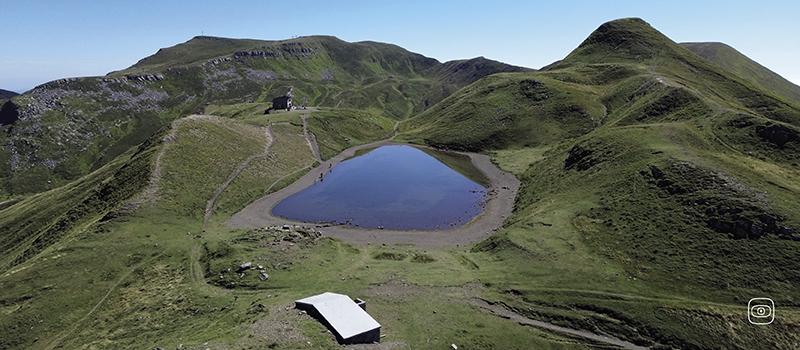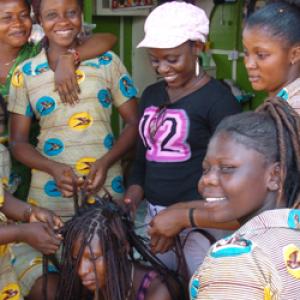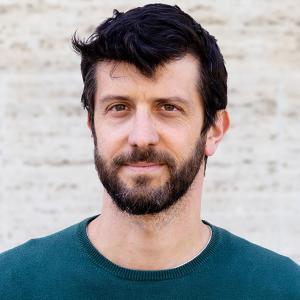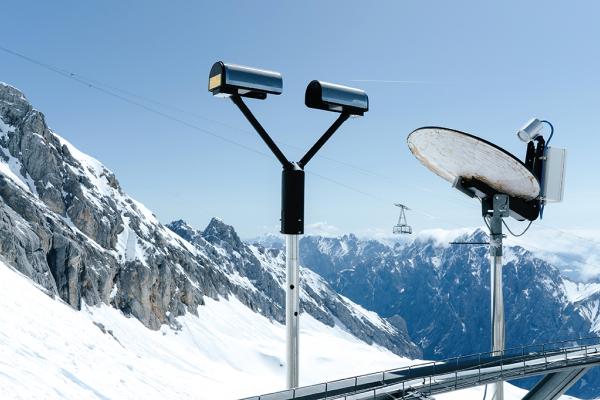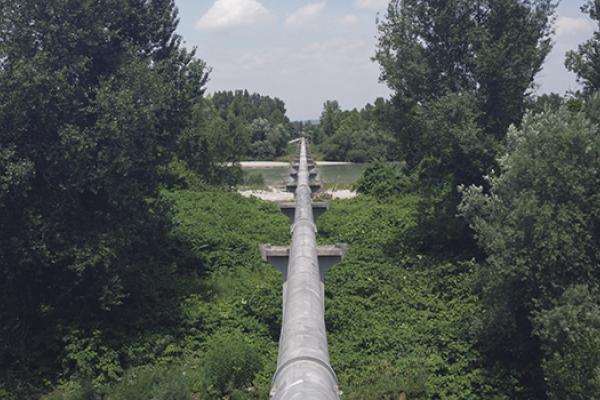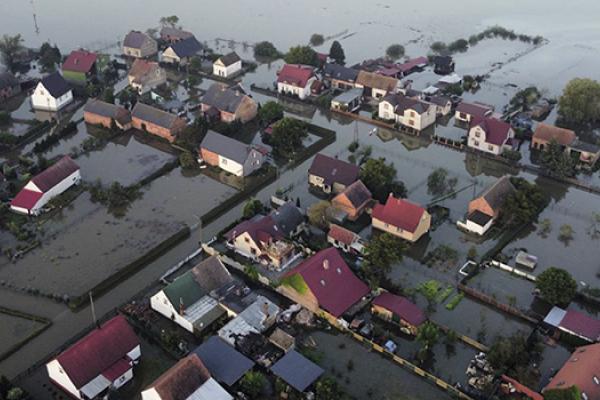In the Czech Republic, our reporting focused on the ski resort of Janské Lázně, where investments have been made in new retention reservoir for artificial snowmaking. In Italy, our reporting centered on the Corno alle Scale area where, despite decreasing snowfall, a new cable car will be built.
These two cases share many similarities but also one major difference. Both reveal how skiing remains an identity issue, deeply cultural, almost emotional, for many communities. And how this, at times, makes it difficult to confront today’s reality with the right political choices.
There are also environmental concerns, common not only to the Krkonoše Mountains and the Apennines, but to many other places in Europe, such as the Vosges, in France, or the Black Forest, in Germany. On one hand, there are the costs of new infrastructure, whether new ski lifts or reservoirs needed to produce artificial snow. On the other, there are the impacts of the artificial snow itself, including its water consumption.
Finally there is the question of funding. In Italy, public financing keeps much of the industry alive. In the Czech Republic, by contrast, it is private investors who step in. In both cases, however, the idea is the same: to exploit the mountain for skiing, for as long as the snow keeps falling.
Main findings by Ekonews:
- Czech ski resorts are caught between economic survival, local livelihoods, and environmental sustainability. For now, investments in snowmaking and water storage are keeping them alive, but long-term climate change may make even these strategies insufficient. Experts warn the Czech mountains may face the same closures already seen in France, Austria, Italy and Germany.
- SkiResort Černá hora–Pec operated by private company MegaPlus is fighting climate change with artificial snowmaking, water reservoirs, and modern technologies to ensure reliable winter seasons. It has invested heavily in snow cannons, smart snowmobiles, and new water storage systems, enabling skiing in as early as November. The resort is also building a new reservoir. During pandemic era, the company obtained a huge state support (like other Czech resorts). But in more common years, it operates mainly with its own money and bank loans.
- Ski tourism provides vital income for mountain villages like Janské Lázně (part of SkiResort Černá hora–Pec in Krkonoše Mountains), though locals also face drawbacks such as garbage, traffic, and pressure on infrastructure. Permanent residents are few and aging, with local leaders seeking to improve housing and services to keep young people in the area. There is a same sentiment of division amongst local people as in Italy.
- Reservoir construction and artificial snowmaking ensure skiing but harm ecosystems, fragment forests, disturb wildlife, and prolong winters. The Krkonoše National Park administration sees the resorts as a compromise between tourism and conservation. Hydrologists are generally supporting reservoirs over direct withdrawals from rivers and brooks. Ski resorts in the Czech Republic currently pay no fees for water use.
Main findings by Slow News
- The Italian government, together with the regions of Tuscany and Emilia-Romagna, has poured millions of euros in public funds into new ski lifts—despite the fact that the climate crisis is making skiing increasingly unsustainable, both environmentally and economically. One of these projects is the lift leading to the summit of Corno alle Scale.
- Mountain communities in the area are divided. Some push to keep investing in skiing, while others advocate for alternative development models. Yet, even in decline, winter tourism remains a vital source of income for these territories. As a result, institutions tend to favor short-term exploitation over long-term sustainability.
- From an environmental standpoint, skiing at mid-to-low altitudes is particularly problematic. It relies heavily on artificial snow, requires new infrastructure, and attracts more visitors to fragile ecosystems. That is precisely the risk at Corno alle Scale. Work on the new ski lift has just begun, after a series of legal appeals filed by local civil society groups were rejected.
- The income statement item “sales and service revenue” was cut in half between 2023 and 2024, dropping from €990,977 to €499,130. The reason? Less snowfall. “This shows just how vulnerable Corno alle Scale is to atmospheric variability,” explains Professor Paolini, an Economic Policy scholar at the University of Bologna (UNIBO).
Image by Enrico Partemi
